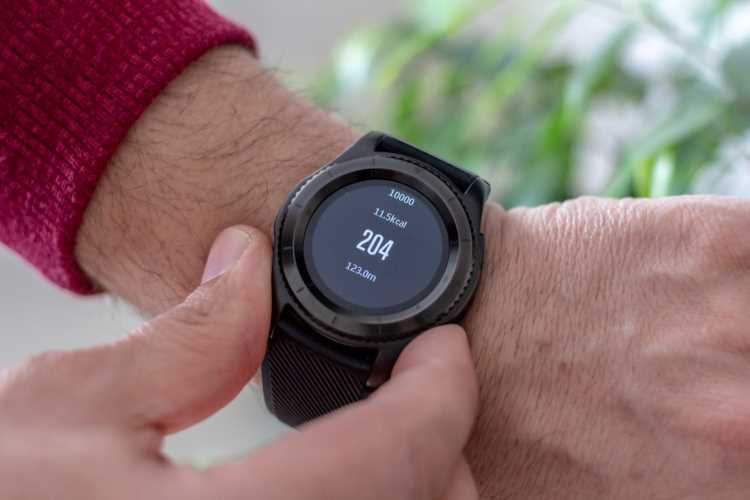
The advent of transformative technologies such as big data analytics, internet of things, artificial intelligence and machine learning have seen insurance players introducing innovations across their business verticals. The recent years saw the emergence of several major players in the insurtech landscape such as Next insurance, Lemonade and Root. India also has Policybazaar and Digit insurance which have carved a niche in the field.
India’s insurance sector has had a smooth transition from physical to digital. A survey conducted in 2019 found that 65% of insurance customers left a digital footprint during the purchase process. The Covid-19 pandemic acted as a catalyst, hastening the transformation of the sector.
Insurtech is defined as technologies that usher in innovation into the insurance sector and impact the regulatory practices. Like fintech, insurtech extends innovation throughout the sector — not only creating competition among players, but also potentially nurturing valuable opportunities for partnering in the dynamic terrain.
The government has intervened through the Digital Information Security in Healthcare Act (DISHA), the National Digital Health Mission, and the National Health Stack. The government bodies are updating themselves in the fast evolving market. The regulators world over have the unenviable task of controlling activities in this unfamiliar territory.
READ I TechFins: Why India must stop their unregulated, untaxed run
Regulatory evolution of insurtech
Regulatory evolution of insurtech in India began in 2016 with the Insurance Regulatory and Development Authority of India (IRDA) (Health Insurance) Regulations, 2016. It allowed general insurers and health insurers to reward policyholders for entry, renewals, preventive and wellness habits and disclose them in the policy document. The aspect of wellness habits and preventive habits initiated insurtech products that could be measured by wearable technologies and that could be said to herald the start of insurtech in India.
In an order dated 07-12-2017, the IRDAI constituted a working group to examine innovations in insurance involving wearable/ portable devices and telematics in motor insurance. IRDAI’s health insurance regulations recognise the role of wellness in risk assessment and product design. In the context of both health insurance and life insurance, wearable devices could be used to measure personal fitness, and incorporate a healthy lifestyle. The IRDAI had put up a discussion paper on August 3 2017 on the subject of ‘telematics’ in motor insurance.
The working group issued its report on insurtech in the context of risk assessment, product design and pricing, market conduct and data related aspects. IRDA set out a framework for distance marketing, e-commerce including digital platforms etc. Other IRDA initiatives in insurtech include introduction of insurance repositories, setting out a framework for web aggregators and so on.
This, we believe, is the beginning of insurtech regulatory evolution in India. Watch this space for more developments on the same.
(Bahroze Kamdin is Partner and Hasmukh Rawal is Director with Deloitte.)
